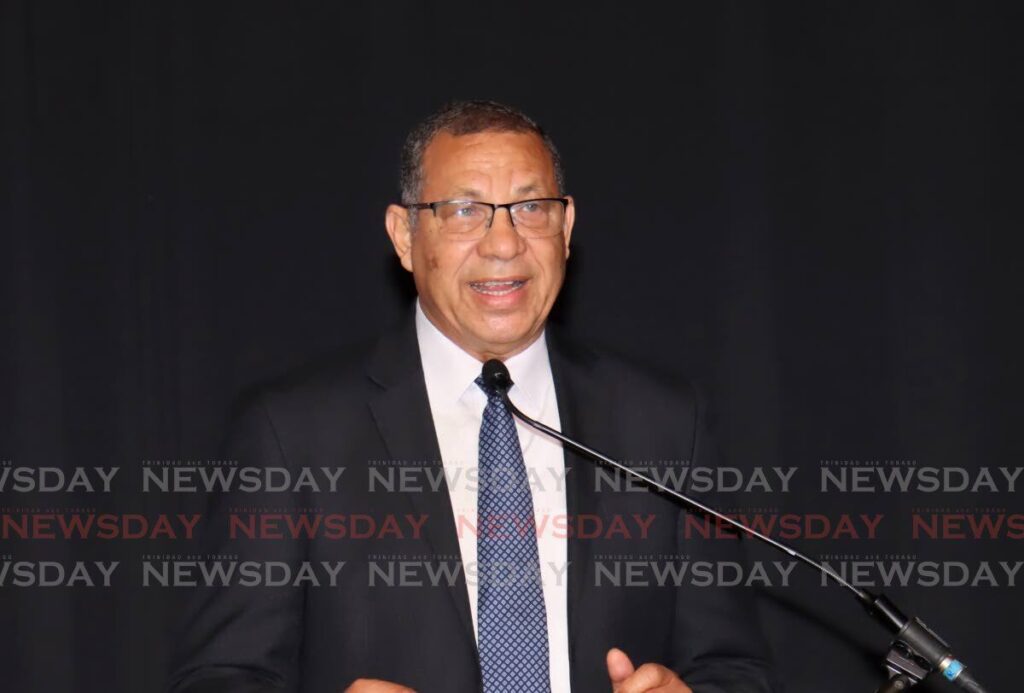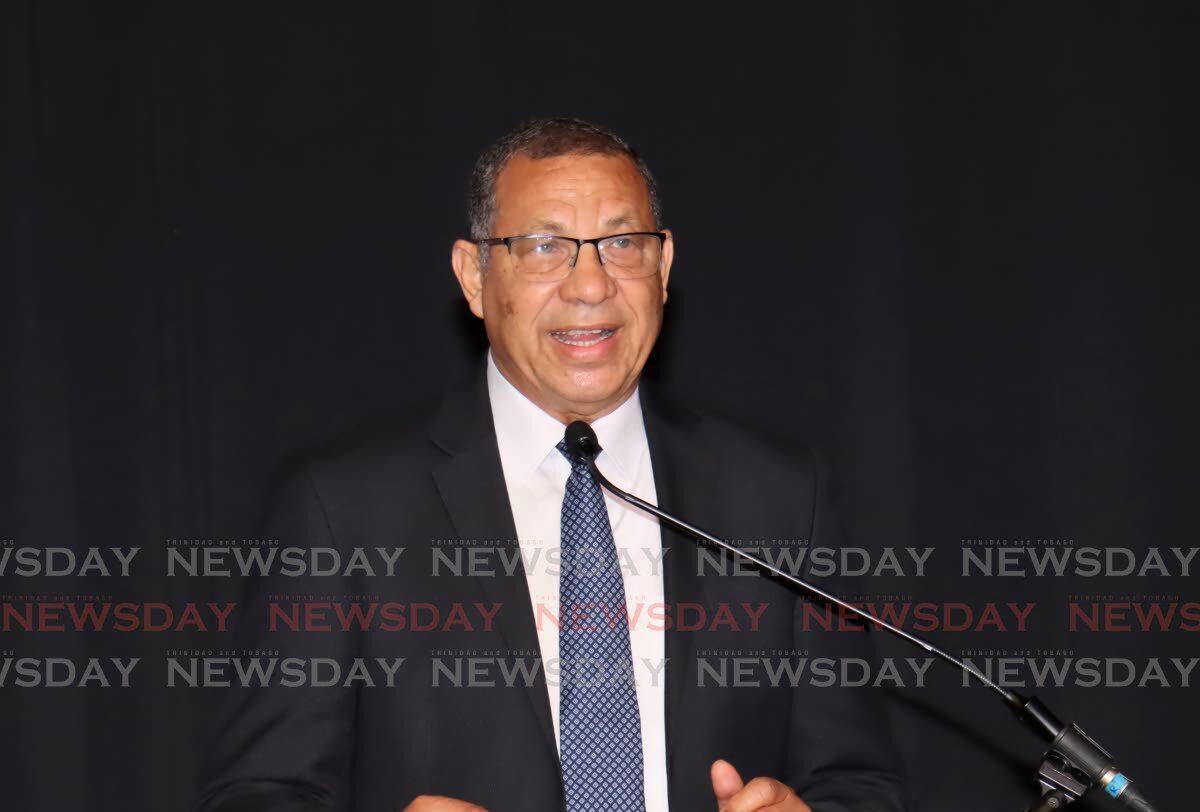9 Hrs Ago
 Mariano Browne. – File photo by Faith Ayoung
Mariano Browne. – File photo by Faith Ayoung
FORMER minister in the ministry of finance Mariano Browne has expressed concern about Standard and Poor’s (S&P) 2025 assessment which hints at a possible downgrade of Trinidad and Tobago’s credit ratings if government does not take action within a particular time frame.
In its report, S&P said TT’s fiscal and external buffers eroded over many years, reflecting the limited effectiveness of long-standing efforts to boost GDP growth and strengthen fiscal management.
As a result, S&P revised its credit outlook on TT from stable to negative.
S&P said the negative outlook reflected the possibility of a downgrade “absent meaningful and timely steps to strengthen the sustainability of public finances, ensure balanced economic growth and maintain the country’s strong external profile.
The firm said its outlook could be revised to stable within six to 24 months if it believes government policies and lead to more favourable long term GDP growth prospects and sustain TT’s external profile.
S&P noted government’s decision to cancel projects which would have allowed TT access to Venezuelan natural gas reserves, cancel the proposed TT Revenue Authority (TTRA) and property tax.
S&P said government may find it difficult to strengthen public finances “if low economic growth continues to limit government revenues and erode fiscal buffers.
Browne was not optimistic government could make the meaningful change which S&P is recommending to avoid a possible downgrade in TT’s credit rating.
“S&P gave a 6-24 months time frame within which it could adjust its forecast, and therefore, its rating will worsen if the corrective actions have not been taken or they are too weak.”
Browne said, “Judging from the evidence of the last 6 months, it is unlikely that meaningful change will take place in 6-24 months.”
He added, “We will know the position on revenue/expenses by October 6, the presumptive budget day. Perhaps the budget speech will present a different picture.”
Browne said S&P has been very clear about the improvements that it wants to see if the rating is to remain or improve.
“Some of these are basic. First, S&P’s warning has a time frame of six to 12 months,” Browne noted, questioning what could be done in that time.
S&P, he continued, asked for more timely data, which would allow it to improve its analysis.
“There can be no argument with the request.”
However, Browne saw no reason why government cannot make the necessary improvements to ensure that data collection and dissemination are improved.
He said S&P’s next focus was on the sustainability of public finances.”This could be taken to mean smaller annual deficits and therefore reduced borrowing.”
Browne listed strategies to achieve this. One is increased taxes either by raising the tax rate, introducing new taxes and or reinstating the property tax or by doing all three.
The other is improved efficiency.
Browne said so far the UNC has telegraphed that it will improve revenue collection by improving operations at the Board of Inland Revenue (BIR).
“It has not addressed the wider implications of efficiency.” Government can also achieve sustainability of public finances through expenditure reduction.
Browne said, “Government has already taken action with Cepep and URP. But it has not said if these cuts are meant to be permanent. They are also insufficient.”
He observed S&P’s comment about a decline in foreign exchange reserves. “They have expressed reservations about the direction of the movement and the fact that the exchange rate is heavily managed, suggesting the current system is hampering a normal adjustment process.”
Browne said, “Nothing that has been said or done to date indicates that this administration is prepared to take action to address the imbalance with a market based approach. “
He added the longer term issue of economic growth which S&P also spoke about, could be addressed in the upcoming budget.
Browne said TT’s dependence on the energy sector needs to be addressed.
“Further, natural gas prices are projected to weaken and stay weak until 2030. There is no short-term answer to this.”
Former minister in the ministry of finance Brian Manning said, “This does not come as a surprise. After cancelling every short and medium term opportunity for additional revenues, especially the TTRA.”
He added, “The UNC has done everything in its power to undermine diversification efforts in this country for the past two decades and are now looking for someone else to blame for what they have earned.”

